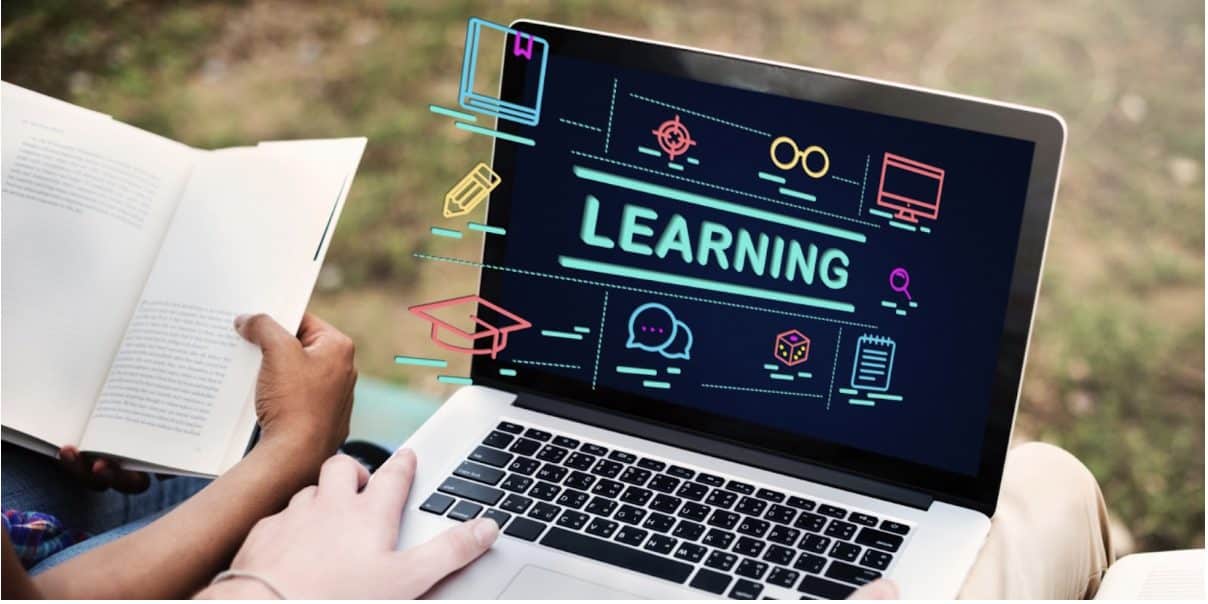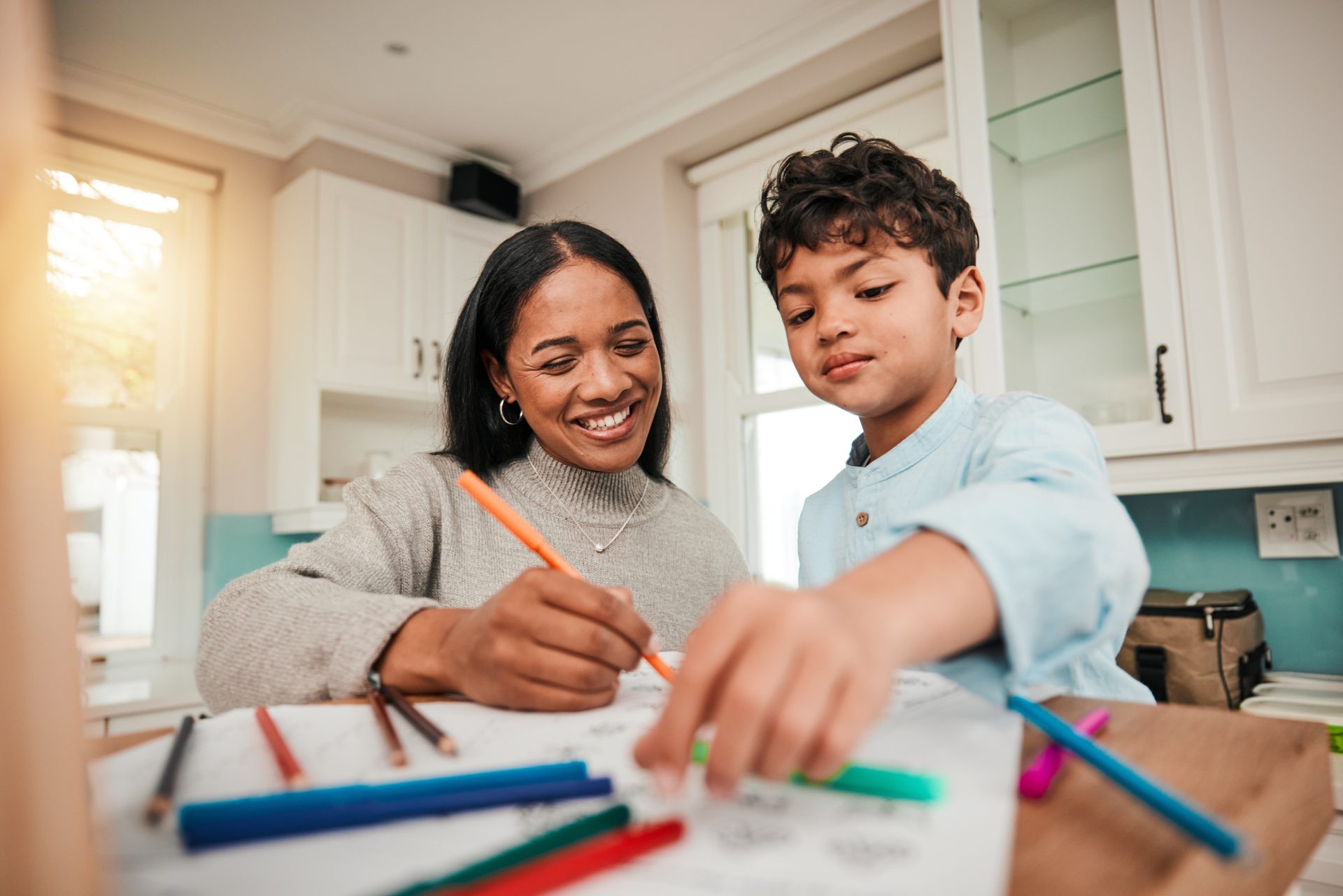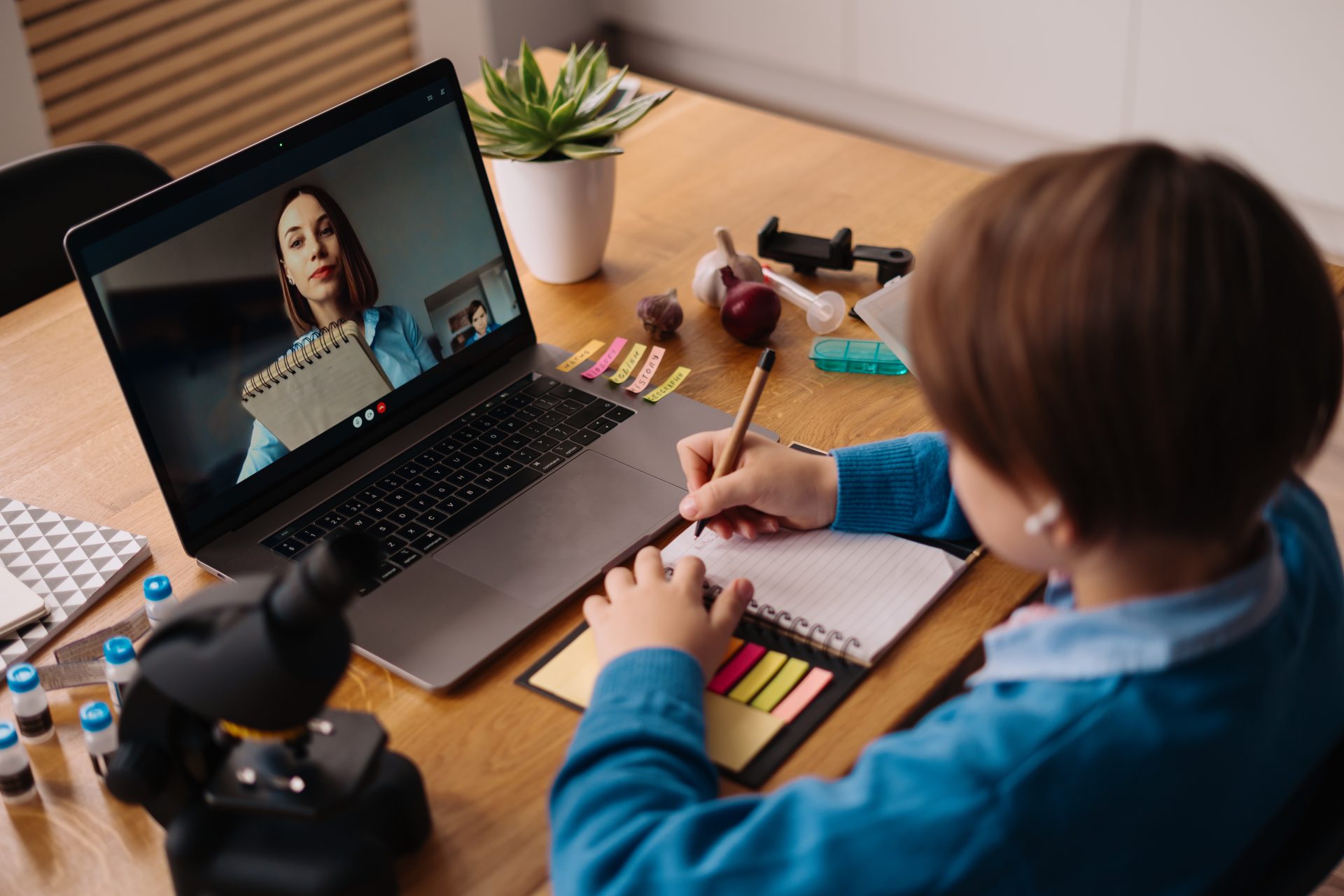Contents
Homeschool education is becoming popular among families. This method of education allows children and parents to choose what subjects to study. One of the key components of homeschooling is life skills.

Life skills homeschool curriculum is a structured educational plan. Let’s explore what is included in life skills and what to focus on in the curriculum.
What Is Included in Life Skills?
Life skills offer a range of subjects preparing children for adult life. The main subjects are:
- Personal finance. The subject teaches children how to budget, save money, and make informed financial decisions
- Time management. The subject develops students’ skills to plan and prioritize tasks
- Communication skills. The subject explains to children how to effectively express thoughts, listen to others, and resolve conflicts
- Household management. The subject develops students’ skills such as cooking, cleaning, and maintaining a household
These skills form the foundation of life skills, helping children become independent. The list of life skills doesn’t end there. The curriculum include but not limited to subjects such as:
- Critical thinking and decision making. The subject helps students assess situations, weigh options, and make logical decisions
- Health and wellness. The subject tells children about nutrition, exercise, and supporting well-being
- Career readiness. The subject introduces students to key professional skills, from writing resumes to preparing for interviews and exploring careers
- Civic responsibility. The subject teaches children the importance of community involvement, understanding government processes, and knowing individual rights
- Basic first aid. The subject shows students how to handle common emergencies and provide immediate care when needed

How to Use a Life Skills Homeschool Curriculum?
|
Parents, Take Note
The survey by Quizlet reveals students crave life skills education. More than half of recent graduate respondents said they learned basic life skills online, with 35% saying they learned through a search engine and 33% gravitating to social media. Most said they relied on family members and friends (72%) or through trial and error (68%)
. |
The subjects included in life skills are crucial for shaping a child’s character. Let’s explore how to use a life skills homeschool curriculum effectively.
Focus on Key Skills
Review the curriculum to choose the most valuable skills for the child. Look for topics like financial literacy, communication, and personal organization.
Create a Learning Schedule
Set a clear routine including life skills lessons and academic work. Follow the curriculum’s structure to balance each subject throughout the week. A consistent approach helps students stay on track and make progress.
Apply Skills in Daily Life
Use the curriculum’s lessons as a guide for real-world activities. Assign tasks like managing a budget, cooking meals, or organizing schedules. Practical application of these skills helps make the skills stronger.
Support Involvement
Make sure the child takes an active role in the curriculum’s tasks. Lessons on time management or decision-making are practiced through hands-on experiences. This keeps learning interesting and useful for children.
Review Regularly
Revisit earlier lessons to strengthen the skills learned. The curriculum includes opportunities for reviewing material and practicing skills. Regular review supports sustained knowledge and proficiency.
How to Choose the Best Life Skills Homeschool Curriculum?
It’s crucial for parents to choose a curriculum aligning with their child’s needs and preparing them for adulthood. Here are key points to consider when making this decision.

Verify Accreditation
Check whether the curriculum is part of an accredited program. Accreditation confirms alignment with educational standards and recognition by reputable institutions. This provides credibility and gives parents confidence in the program’s quality.
Review Teacher Qualifications
Look into the qualifications of the teachers or curriculum developers. Experienced educators in life skills education can provide more thorough understanding and practical knowledge. This improves the curriculum by making sure students receive lessons from professionals.
Consider the Long-Term Impact
Choose a curriculum covering immediate practical skills. The good curriculum helps build a foundation for future success. Look for elements preparing students for adulthood, such as career readiness, health and wellness, or financial literacy. These skills equip children for long-term independence.
Check Curriculum Relevance to Family’s Needs
Make sure the curriculum fits the family’s lifestyle and priorities. Consider if the life skills included are practical for the household. Teaching budgeting or household management must reflect the family’s specific dynamics, making the lessons more applicable.
Check Resource Availability
Check if the curriculum offers additional learning tools or support resources. Programs help strengthen the learning process providing access to online communities, interactive tools, or extra materials. These resources simplify the process for parents to implement the curriculum effectively.
What Curriculum Does Legacy Online School Offer?
“I like the principles on which the school is based. It is respectful, supportive, flexible and wants every child to feel successful. Here I have never heard of children being compared or even worse publicly discussed. On the contrary, there is always support and readiness to help, to praise, to say a kind word”
Parent’s review, Niche

Legacy Online School is a certified online school, accredited by the Western Association of Schools and Colleges (WASC). School’s curriculum integrates various academic subjects along with practical life skills lessons to prepare students for real-world challenges.
The curriculum is designed to suit various grade levels. It adapts to meet the unique needs of each student. The program equips students with hands-on knowledge essential for personal growth and success in adulthood. These practical lessons are a key part of the school’s comprehensive educational approach.
Conclusion
We discussed what life skills homeschool curriculum is and how it helps students prepare for real-world situations. Our team covered how to select the right curriculum, focusing on accreditation and family needs. The team of Legacy Online School is confident this assist families in choosing the best curriculum. This guidance will help make homeschooling effective and support children’s growth and independence.











